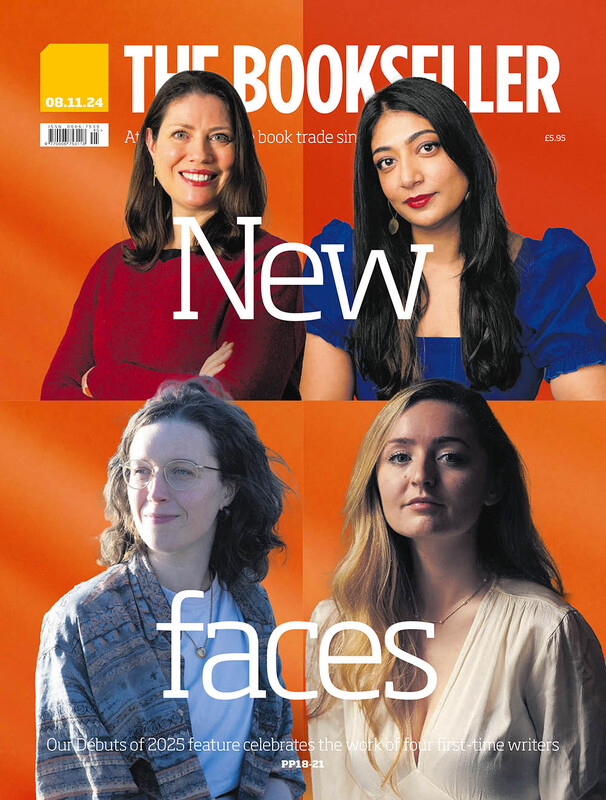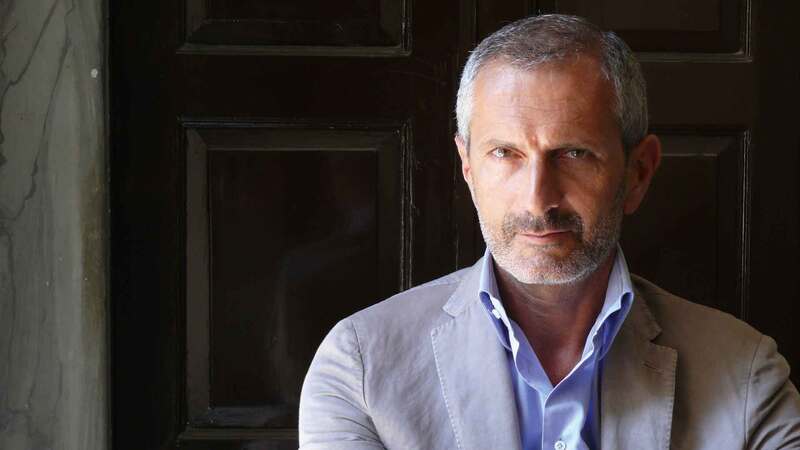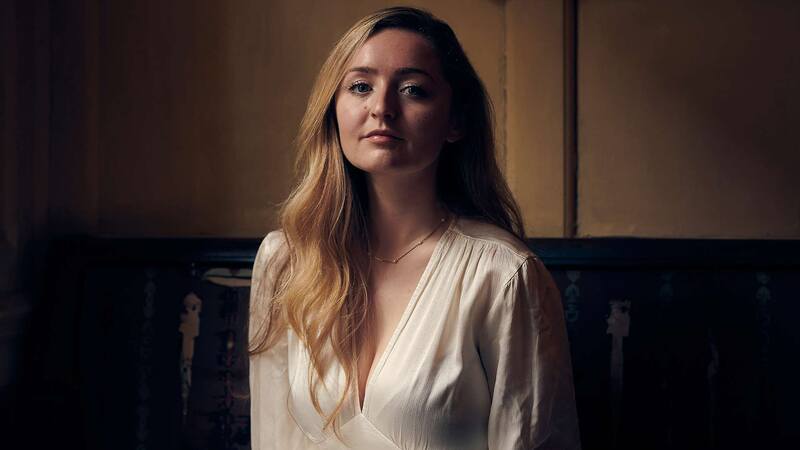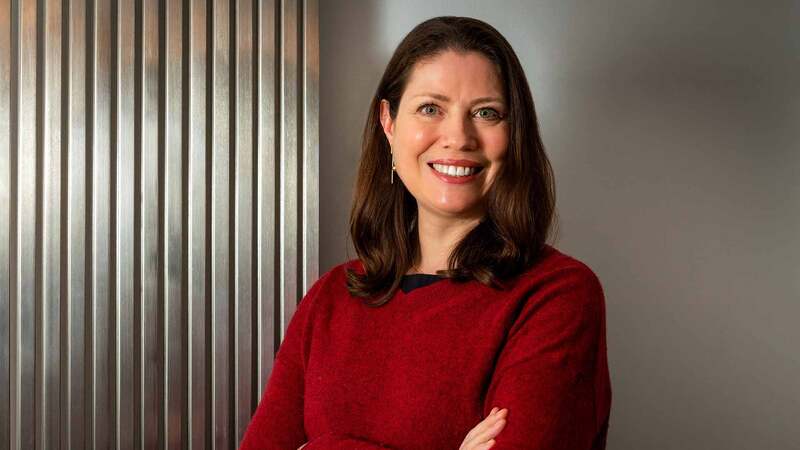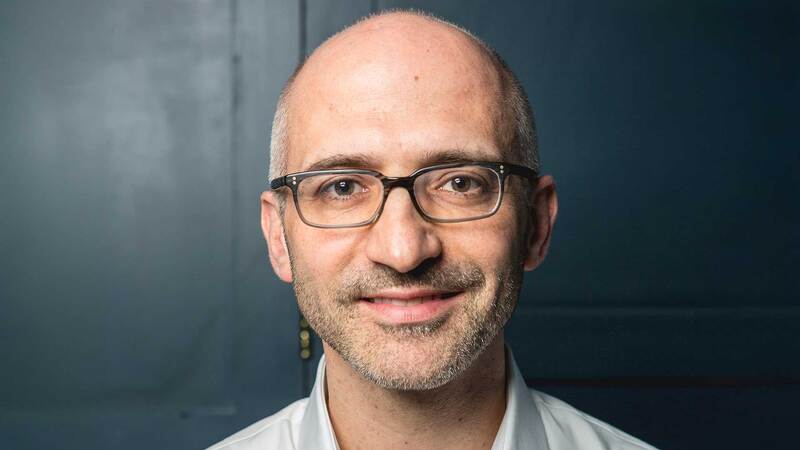You are viewing your 1 free article this month. Login to read more articles.
Exclusive Extract: There Was a Little Girl by Brooke Shields
The first thirteen years of my life were unconventional in every way. I lived two entirely different existences between being raised by a single mother and working in the entertainment business and spending time with my father’s more conventional (but also more affluent) family. I was a star, but also a normal kid going to regular schools. I was the source of great controversy, yet a darling, an incredibly innocent bystander. The press both praised me and devoured me. Mom was the wild and needy one whereas I was the caretaker and adult. I went in and out of so many different environments and found my comfort zone in all of them. My world was ever changing and diverse, but I had no trouble adapting. Strangely the versatility did not unsettle me but instead fortified me. I grew to know that I could find my place anywhere. At times I did struggle with the question as to who I was because so many others seemed to be living in just one environment and could be defined as such. But I started to have pride in being able to place on a different hat and be a different person, each time learning and loving an undiscovered side of myself.
The circumstances of my daily life were definitely unique, but that was never the reason for my sadness or insecurity. There are clichéd ways of blaming the industry and the press and the public for somebody’s demise emotionally, but I cannot ascribe my own troubles to them. I had enough good people around me and a strong enough innate sense of character to carve a path for myself and admit my own fears or insecurities without placing blame on the world or how unfair things were. I don’t know why this was. Even if I had to keep changing directions, I just kept moving. Regretfully, however, I do have to acknowledge that the most damaging element in my life was loving and being loved by an alcoholic mother.
And the problem of my mother’s drinking just got worse and worse over the next few months. It’s ironic, but I believe that if it were not for the entertainment industry, I would have been a train wreck. I would have crumbled if I did not have a place in which to hide. I had to be professional because it was my job and I was getting paid. I couldn’t fall to pieces.
My dad also provided safety and consistency and a conventional family. I appreciated it and him. I visited often, and even though it felt a bit too restricted and aristocratic at times, the knowledge that his home existed for me came to be a great relief. I found solace in knowing
that he was a phone call away. But he was only one part of my life. Most of my time revolved around my mother and what she created.
At work, I was always the good girl, the polite one. I got a good reputation early on because I was so easy to work with. I loved the responsibility because people liking me was the only real reward I sought. The pride I derived from my job stemmed primarily from being liked and accepted. People praised me for being so well behaved and I was fuelled to continue being so.
With regards to my mother, it felt like it was never enough. Nothing I said or did seemed correct or could make her stop getting drunk or feel deeper happiness. I felt helpless. Why wasn’t I enough to help her stop drinking? I felt much better about myself when I worked, so I began to crave my jobs. I knew what to expect there. Come the end of my workday, however, I never knew what to expect. It did not seem abusive as much as it did claustrophobic, sad, and helplessly dependent.
Looking back at these years I realize that our relationship was so scrutinized because it was so public. But ironically, it was also this public scrutiny that kept me somehow accountable.
I knew that although the world thought I was living a crazy life there were many others whose lives were more tragic. It was this type of empathy that kept me imprisoned by my mother’s alcoholism. People assume that because somebody is in the entertainment industry that everything is worse. It is magnified for those in the public eye. But then I believed those without a public platform were worse off.
The struggles I had never came from the entertainment industry. Stardom, and the fame or money associated with it, was not my issue. Stardom was a by-product. It was never the catalyst for my unhappiness. My unhappiness was rooted in my mother’s inability to stop
drinking. My sense of worthlessness stemmed from feeling insecure as to who I was and inadequate in getting her to stop drinking. I had lower self- esteem. but not because I was a model, but because I was a daughter. The movie business kept me afloat and sane. My mother’s drinking superseded my stardom. I was a child of an alcoholic way before I was a star. I never coveted any of those aspects of my profession. I craved opportunity and I craved my mother’s sobriety. I never understood the connection between the two.
In the end, I never got caught up in my growing fame or my public persona. My focus was always on what was going on at home. My mother’s alcoholism tempered the positive and negative ramifications of fame and of being a “star.” Between living in New York City, attending nonprofessional children’s school, and navigating an alcoholic parent, there was little room for me to fuck up. Fame was easy in comparison. Fame was fake and fickle, but my mom’s drinking was real and consistent.
There Was a Little GIrl: The Real Story of my Mother and Me by Brooke Shields is out now from EP Dutton & Co for £17.99.

